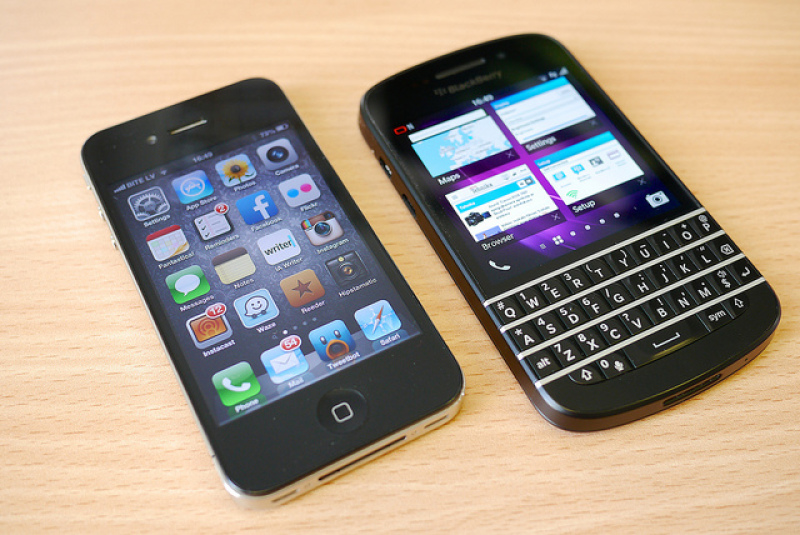
Blackberry's smartphone sales may not have skyrocketed the way Apple and Samsung phones did, but the company is not staying on the back seat. Blackberry announced that it will be expanding its cross platform strategies at the Mobile World Congress 2015 n Barcelona, Spain.
The stategy will allow BB to provide customers topnotch productivity/email, communications, and security services to smartphones running on Android, iOS, or even Windows, sources say.
While Apple and Samsung continue to dominate the smartphone market, Blackberry aims to focus on strengthening its software, and make it available across all major mobile operating systems.
"We are going to build a business on putting [our software] on other people's devices. " Blackberry CEO John Chen told the media.
The company, according to Chen, is also considering licensing some of the Blackberry phone features to other smartphone manufacturers.
Some of the possible features that may make their way to Android and iOS phones are the Blackberry Hub and its software keyboard. The BB Hub brings together IMs, social networks, and email in one single place.
Apart from making its software available to other smartphones, Blackberry is also in partnership with Samsung. As part of the two companies' deal in 2014, Samsung phones will be capable of two new features, thanks to Blackberry.
The two new features are security and WorkLife. The security feature will let Samsung phones be capable of hardware-based encryption for data, texting, and voice, keeping users' communication secure and private.
WorkLife, on one hand, provides users separate numbers for personal or business use with just one SIM card.
The company admitted that its features are most likely to be mostly available on Android devices than on iOS.
Does this mean Blackberry will stop making handsets?
Chen has mentioned that its software sector must make $500 million in revenue this year alone. The company's hardware section still makes up about three quarters of its revenue, which means the software sector still has a lot to cover.
"I obviously love the software business." Chen said. "[But] this is not to say I am not interested in the handset business, he added.


















